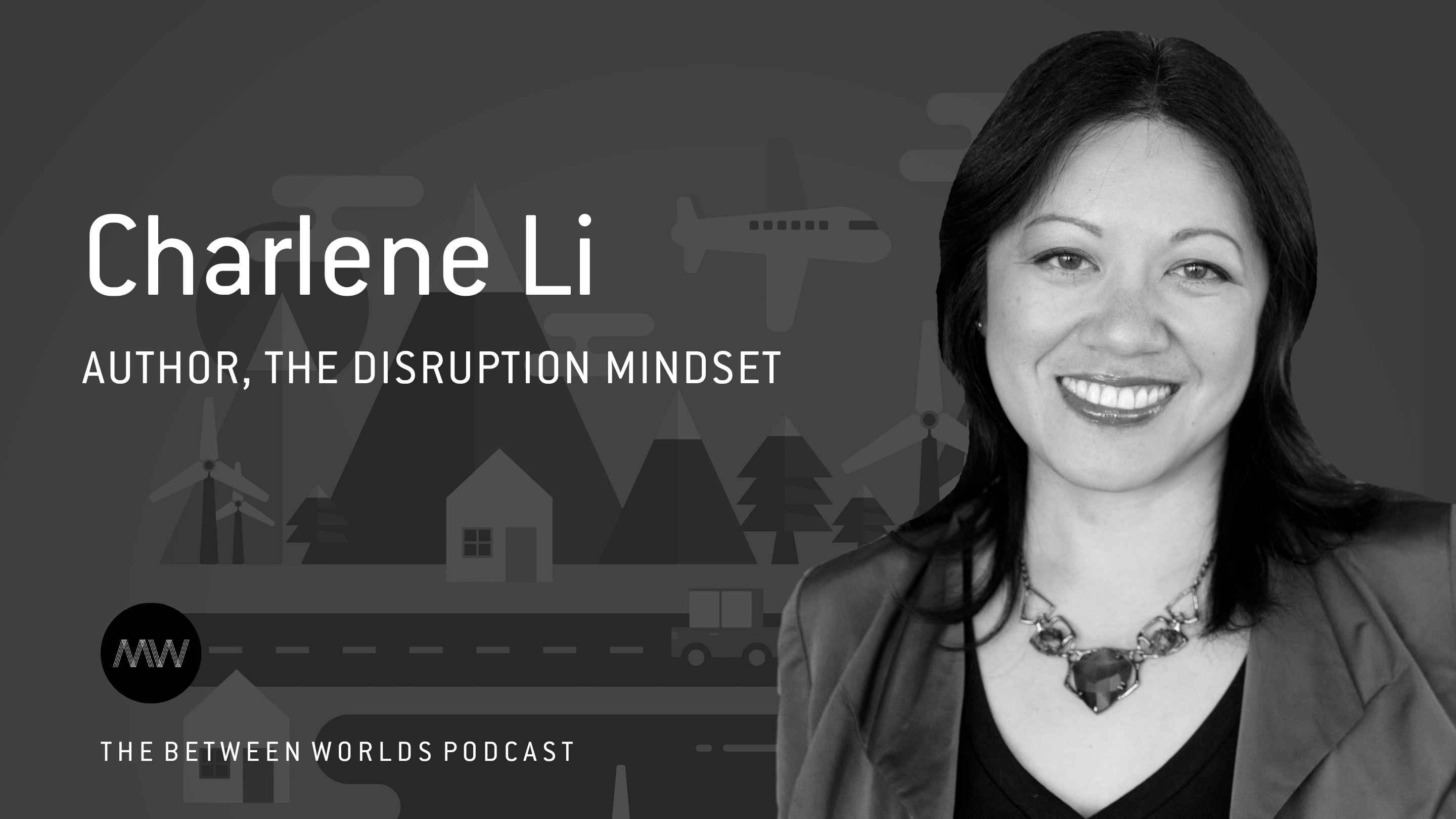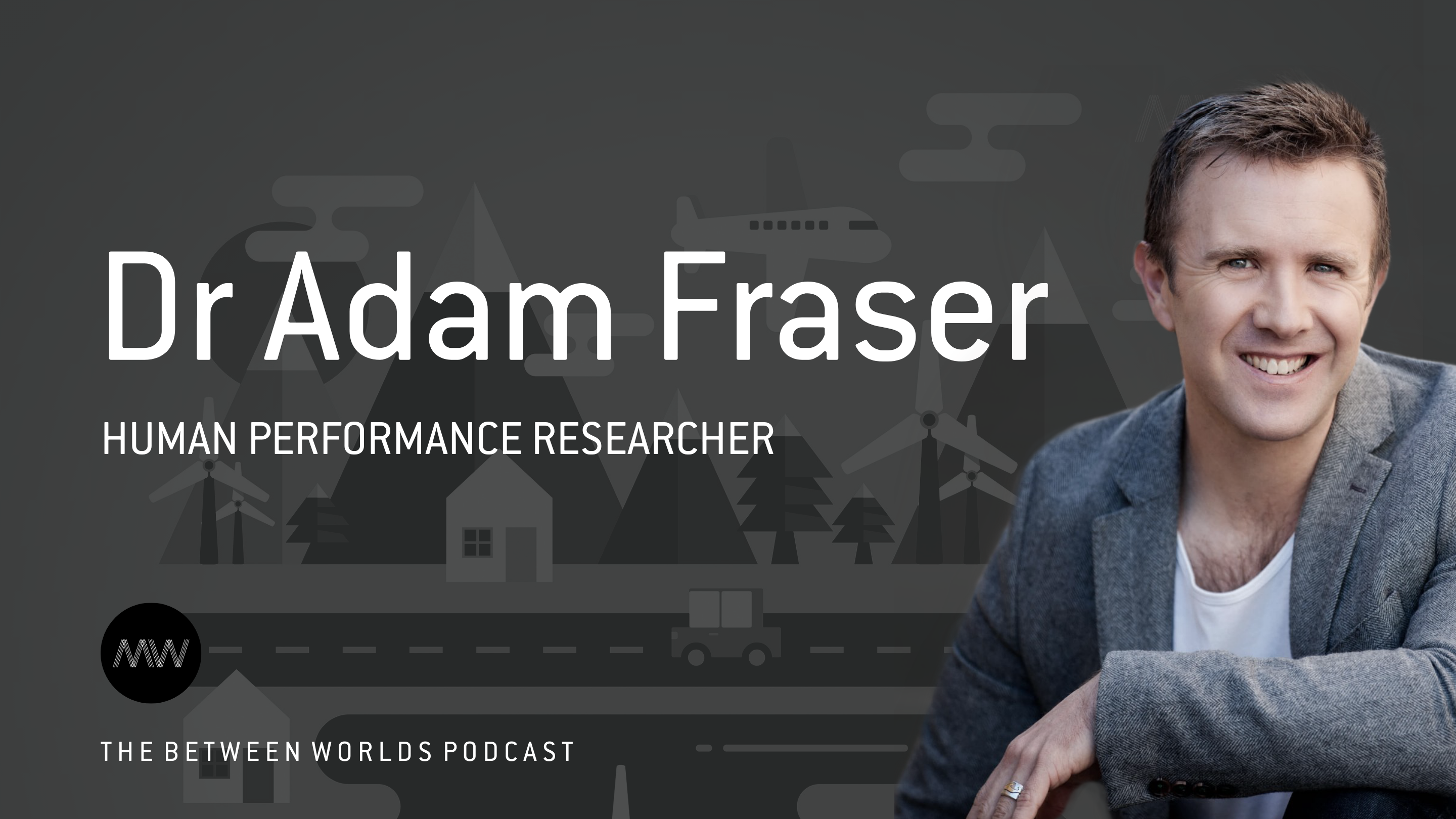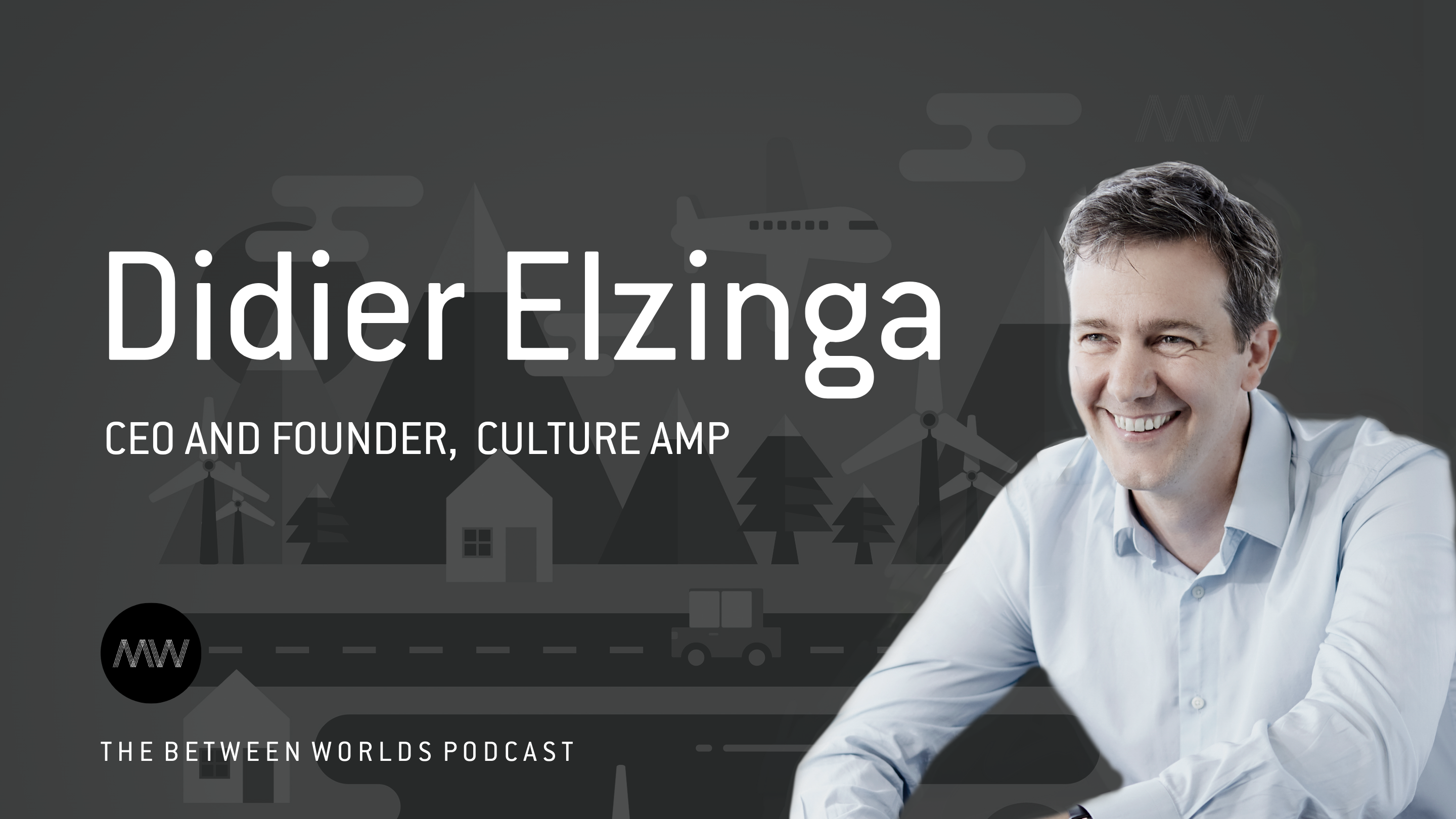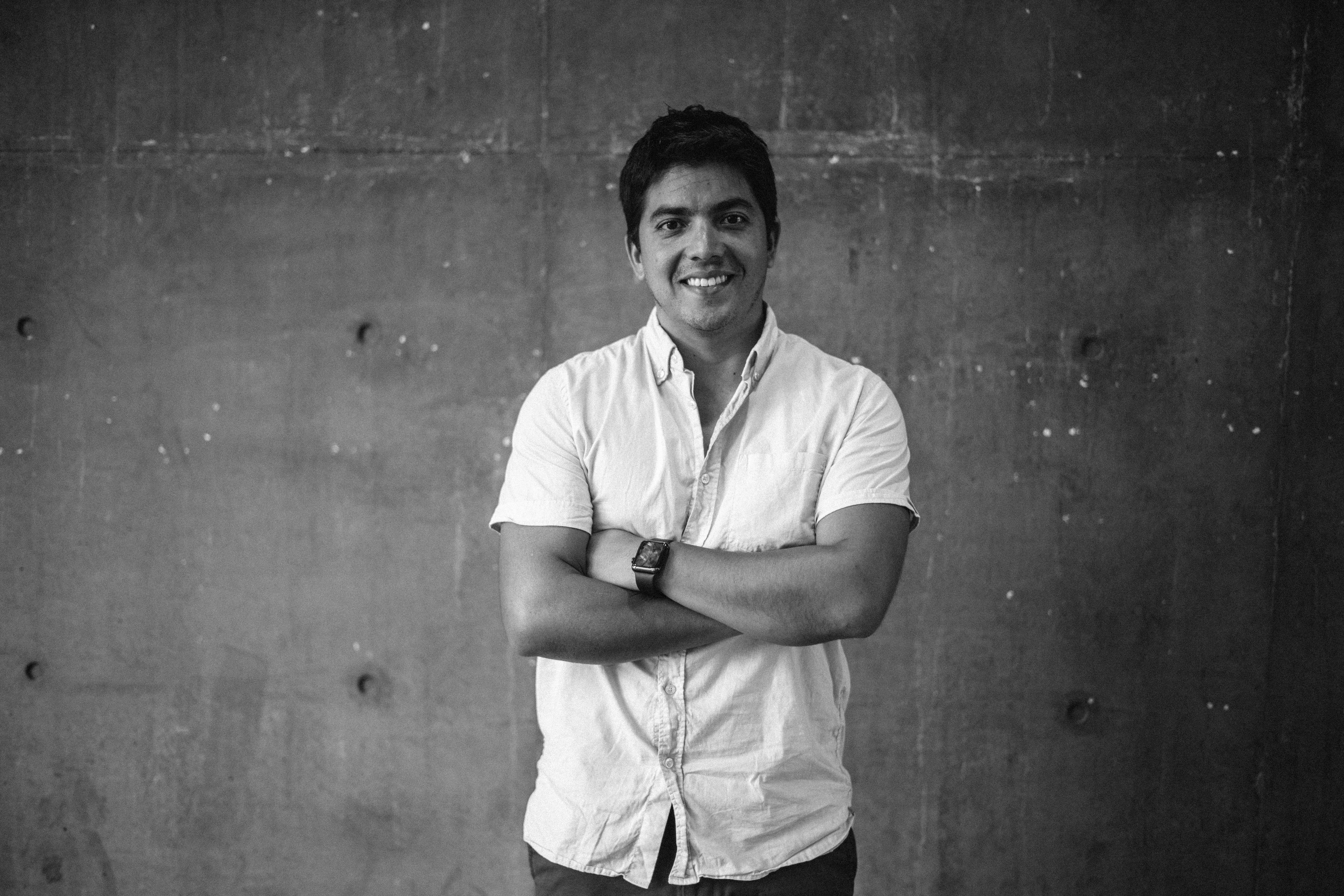
For Tom Chatfield, a British technology philosopher and author, there is nothing inevitable about technological progress. In his latest book, ‘Wise Animals: How Technology Has Made Us What We Are’ he explores how humans have co-evolved with technology throughout history. In our discussion, Tom deconstructed the common narrative of technological inevitability, using examples like the Incas' use of wheels only as toys and the complex history of Gutenberg's printing press to illustrate how technological adoption is deeply intertwined with cultural values and societal choices rather than following a predetermined path.
Tom emphasizes that while AI doesn't possess true agency, it can be seductive and influential through its design and training. AI, after all, is also a piece of cultural technology. He advocates for viewing AI as a cognitive prosthesis that should complement human strengths while compensating for our weaknesses, particularly in areas like repetitive tasks and statistical analysis.
This episode concludes with some practical insights about navigating technological change, both at organizational and personal levels. Tom believes in the importance of taking time to ask the right questions in an age of instant answers, fostering constructive disagreement to avoid groupthink, and maintaining human agency in technological systems. He also shares personal perspectives on raising children in an AI-enabled world, emphasizing the need for supervised exploration and critical engagement with technology.
Key Insights
1. Technology adoption is not inevitable but rather a negotiation between cultural values, practical needs, and societal choices - leaders should actively shape how technology serves their organization's values and goals
2. In an era of instant answers, competitive advantage comes from asking better questions and taking time to reframe problems beyond default assumptions
3. Organizations need to build in structures for constructive disagreement and cognitive diversity to avoid groupthink and maximize the benefits of both human and artificial intelligence
4. AI should be viewed as a cognitive prosthesis that complements human strengths rather than replacing human agency - focus on automation of areas where humans are naturally weak
5. Success with AI requires strong governance frameworks that enable systematic learning and accountability, similar to aviation safety systems





